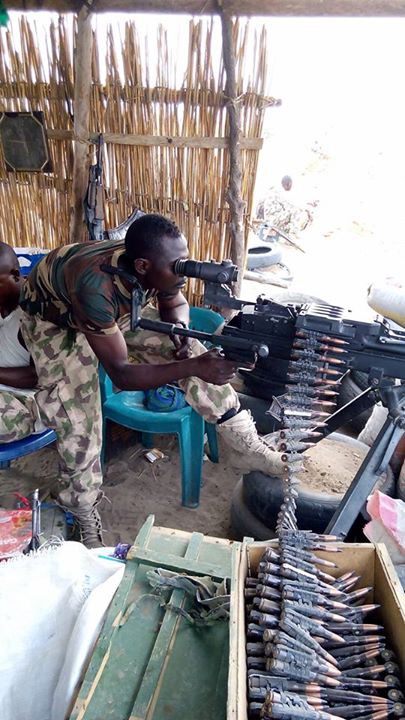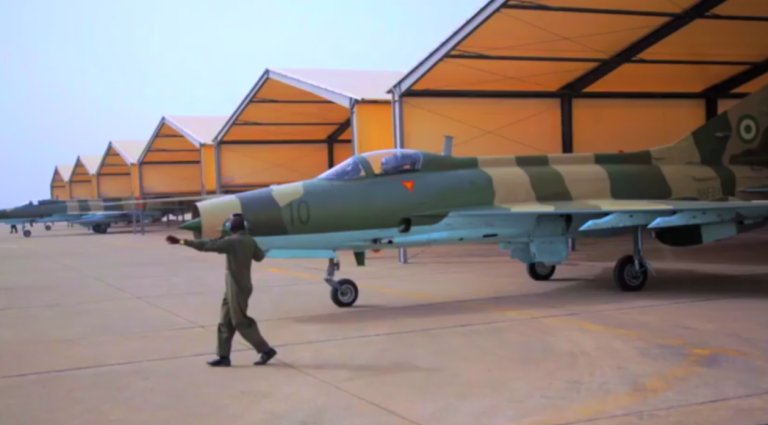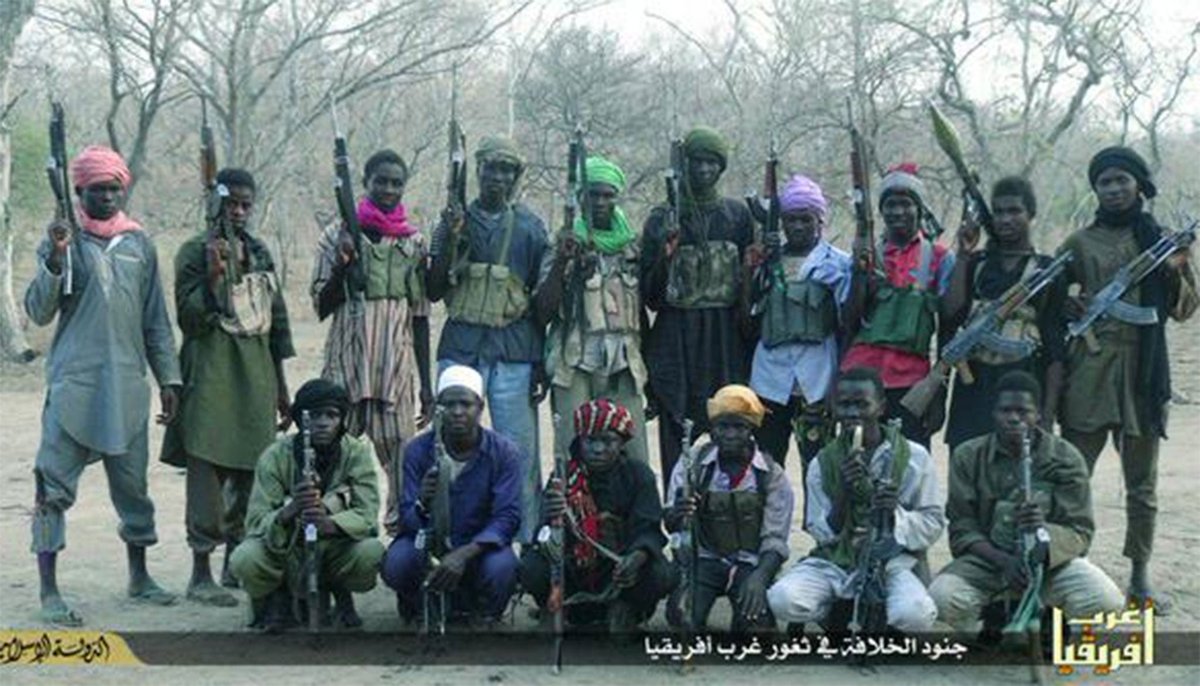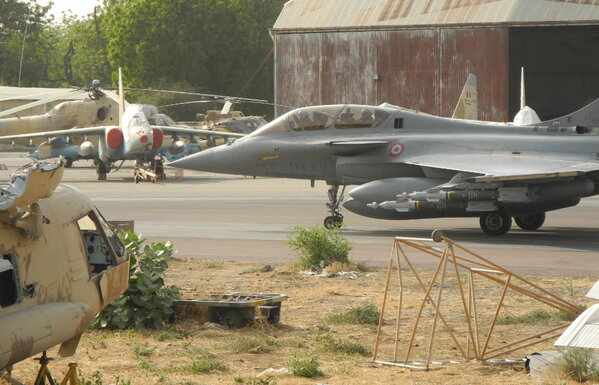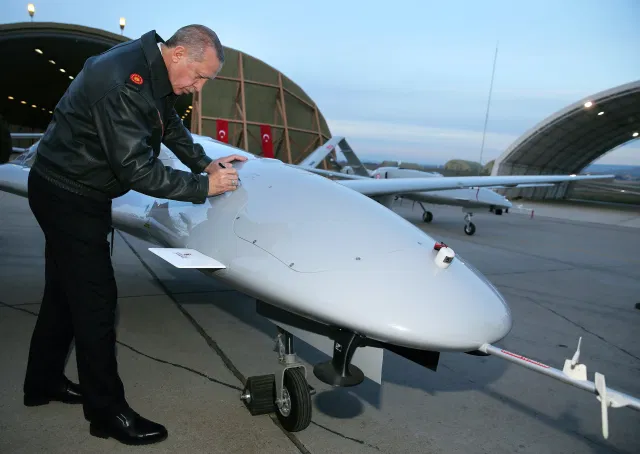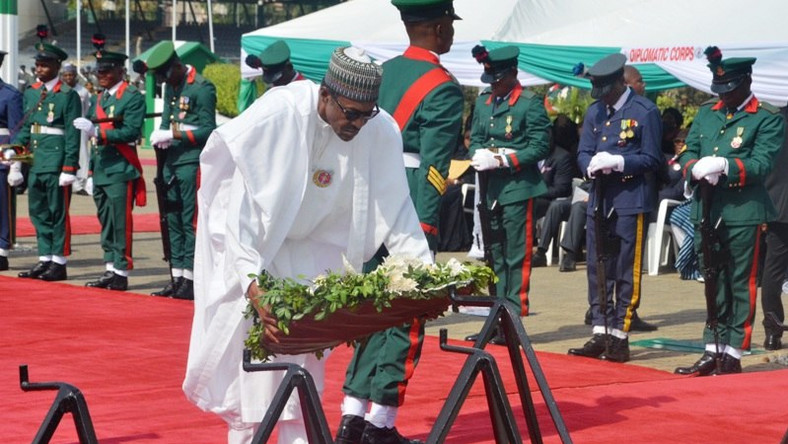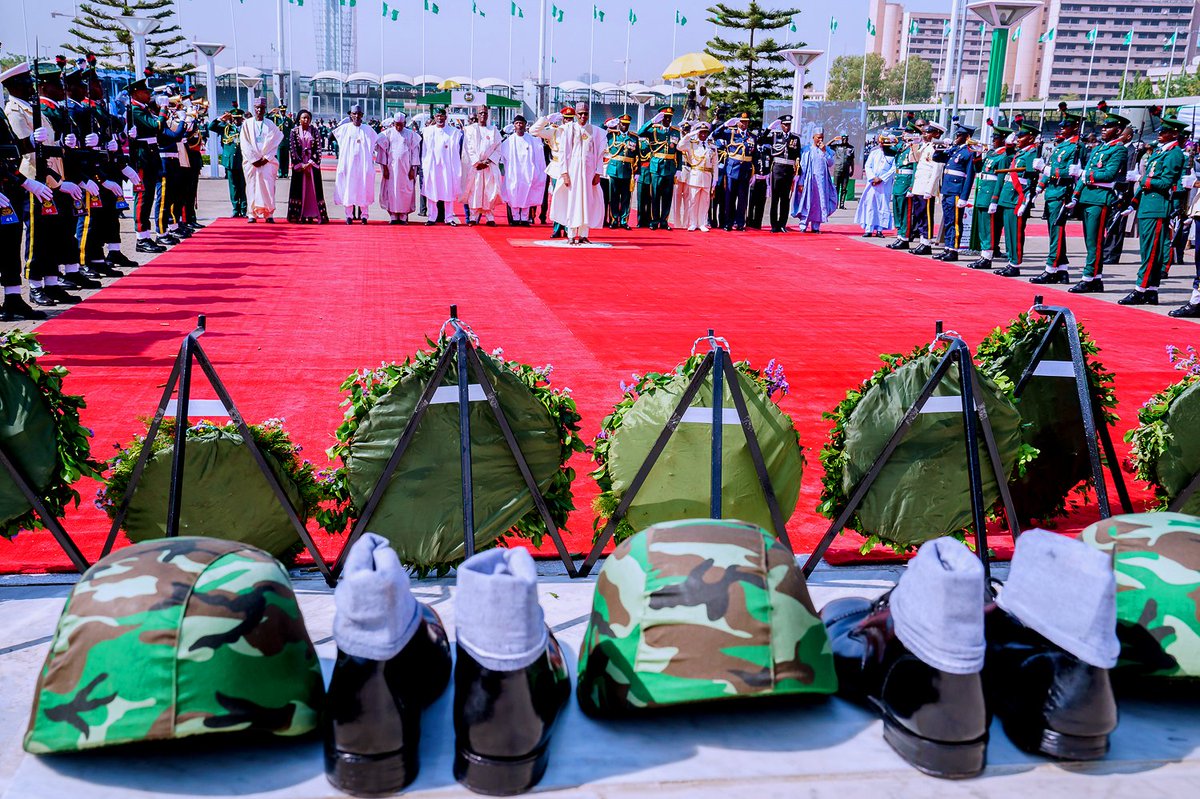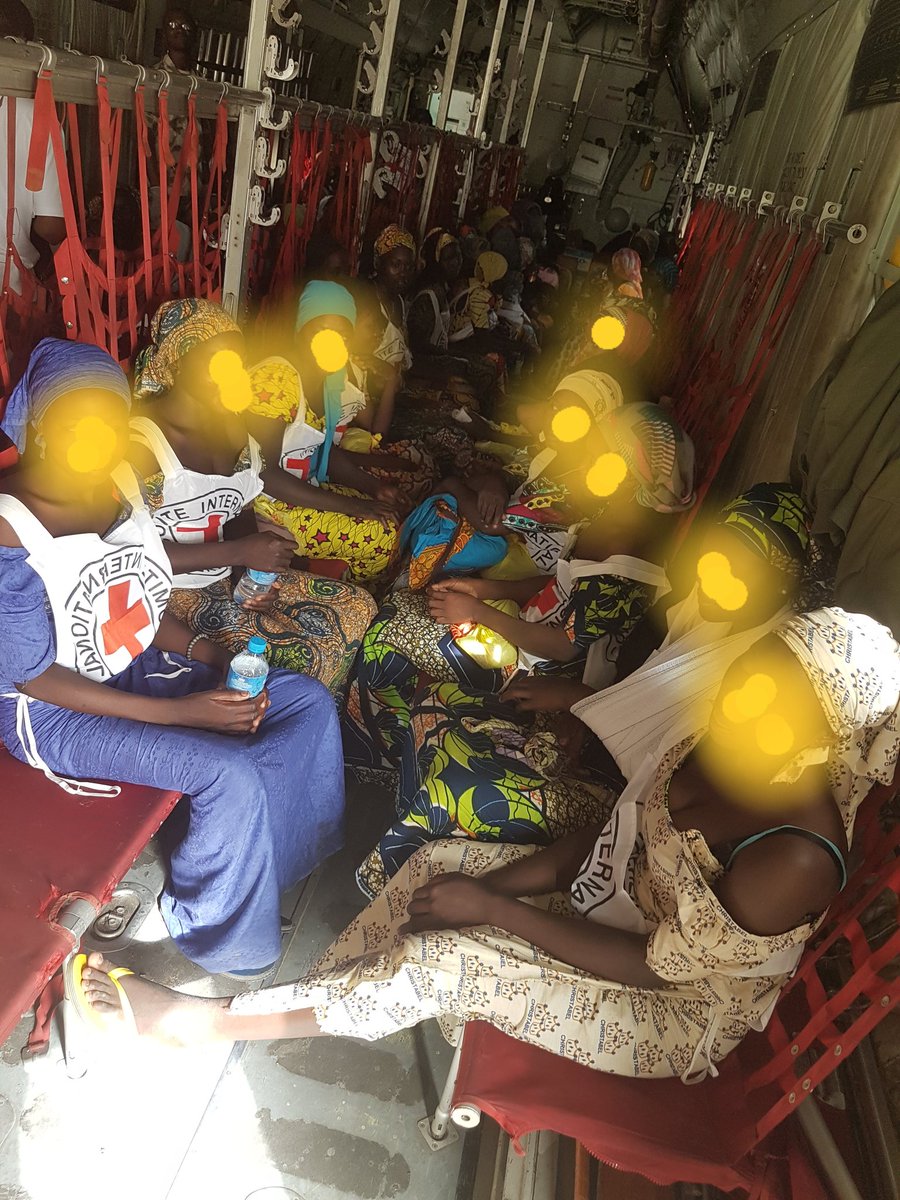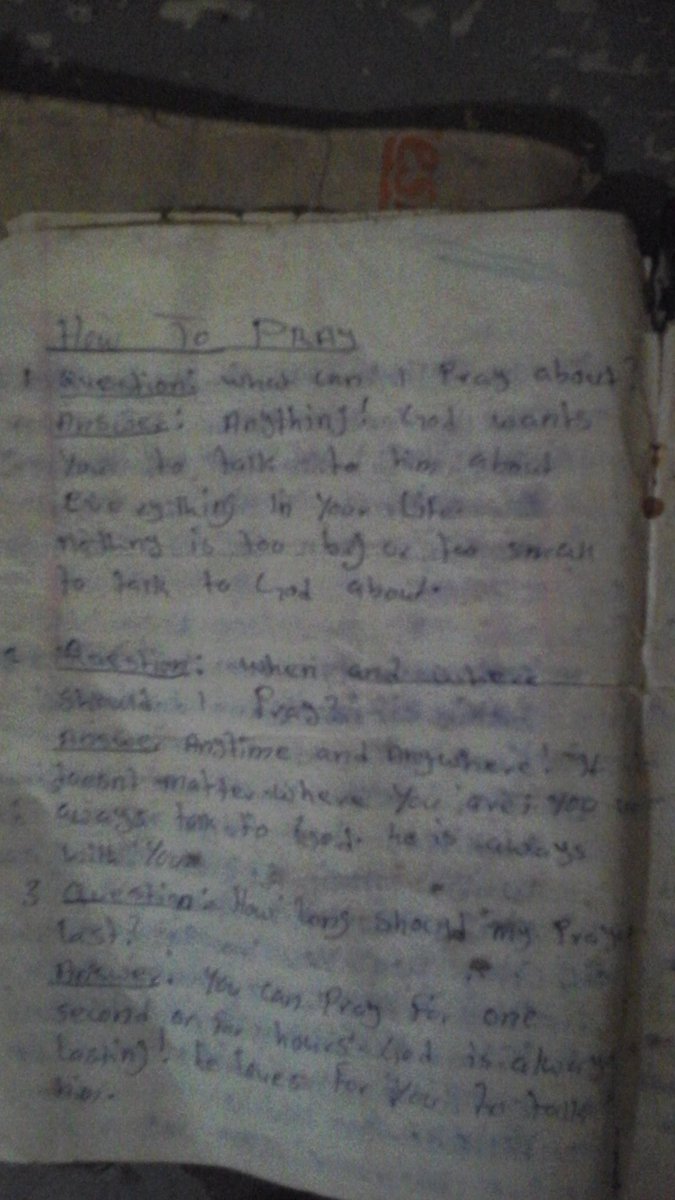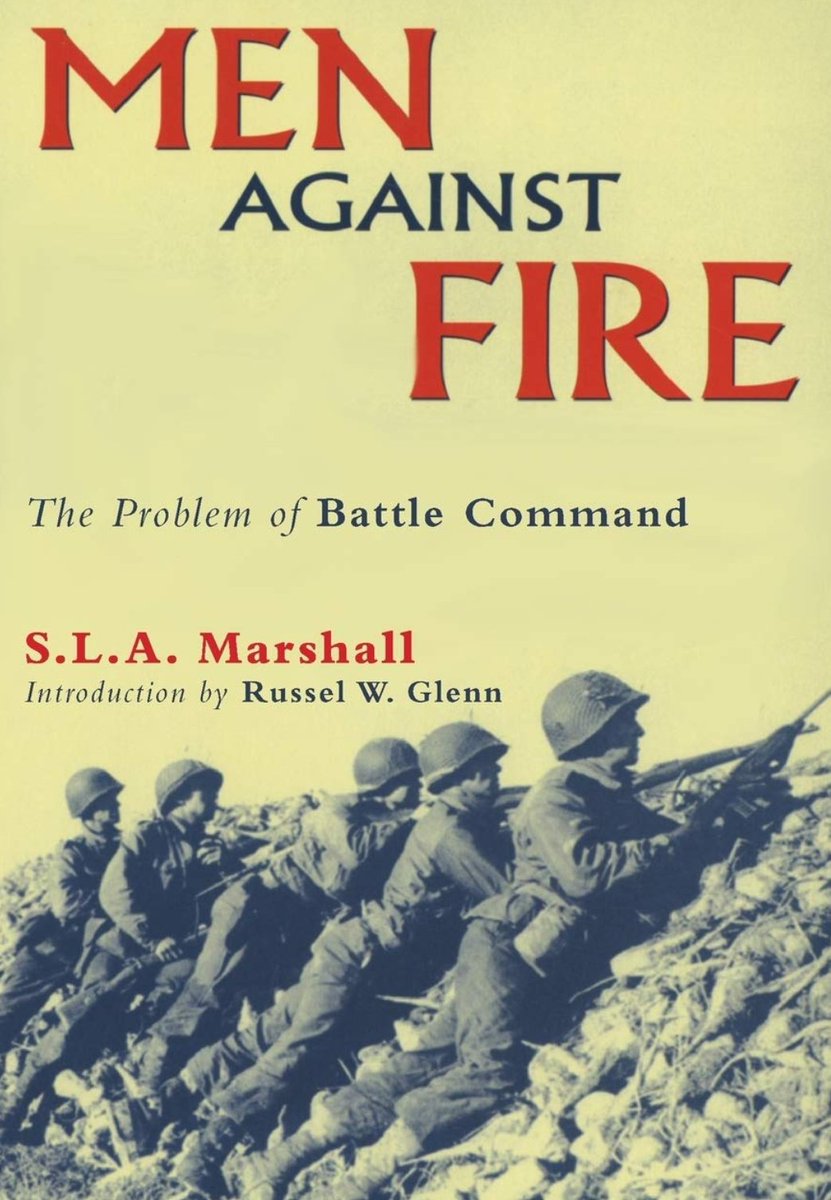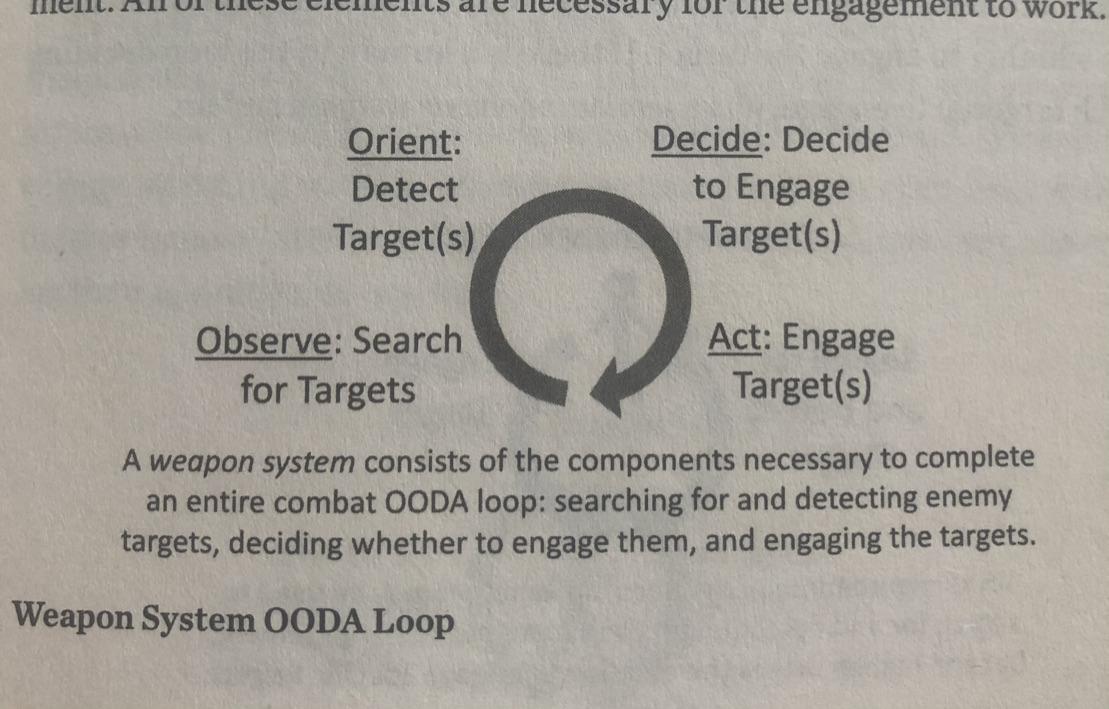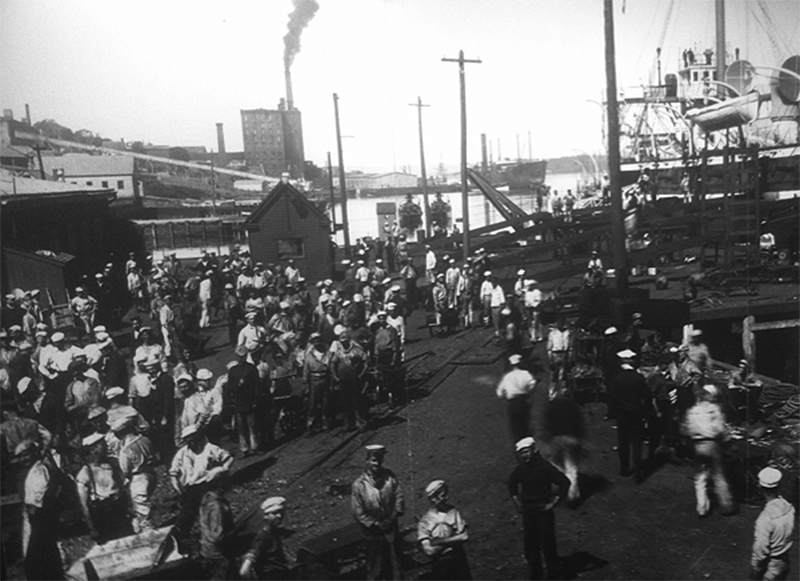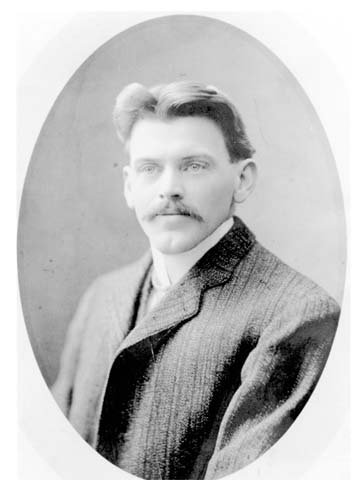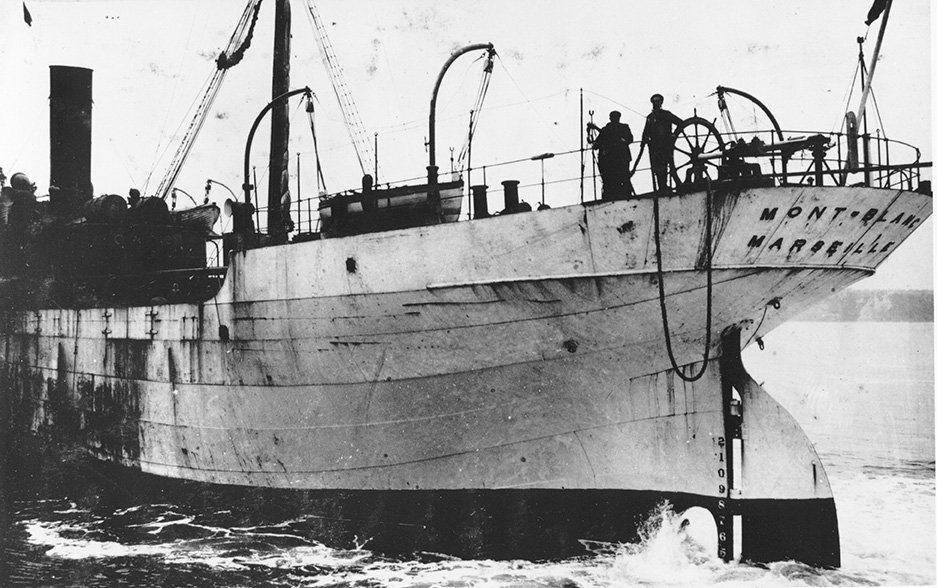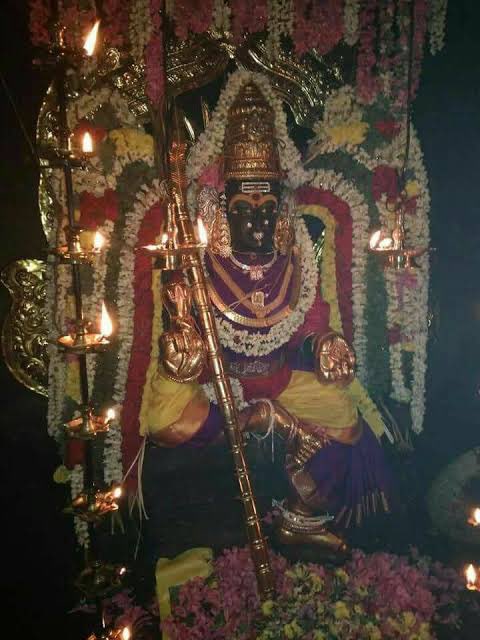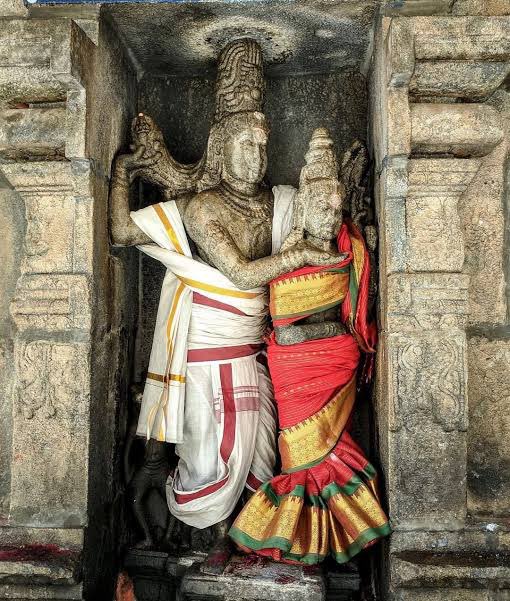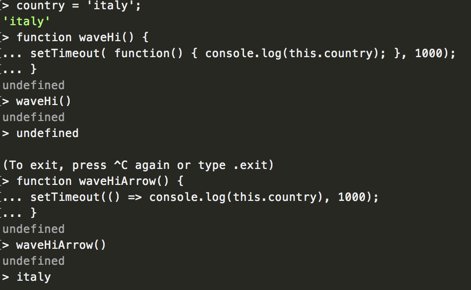Nigerian Armed Forces Remembrance Day.
In Nigeria, Armed Forces Day, also known as Remembrance Day, is celebrated on January 15th. The day is marked with a Remembrance Day parade at the Cenotaph in Abuja and in the 36 state capitals. The ceremony includes a 21 gun salute, playing of the Last Post,
a minute's silence, laying of wreaths and release of pigeons to symbolise peace.
Officers and men of the Nigerian Armed Forces have fought in various wars and taken part in many peace keeping operations, defensive duties and internal security duties. These include
Wars including:
The First World War
The Second World War
The Nigerian Civil War
Peace keeping/enforcement operations in
The Congo
Tanzania
Liberia
Sierra Leone
Lebanon
Darfur
The former Yugoslavia
Mali
Defensive duties including
The Bamileke Rebellion
Chadian Invasion (1982/83)
The Bakassi Peninsula Territorial Dispute with Cameroon
Internal Security duties including
The Tiv Rebellion
The Western Region Crisis
The Niger Delta Crisis (1992-2009)
The Boko Haram Insurgency.
